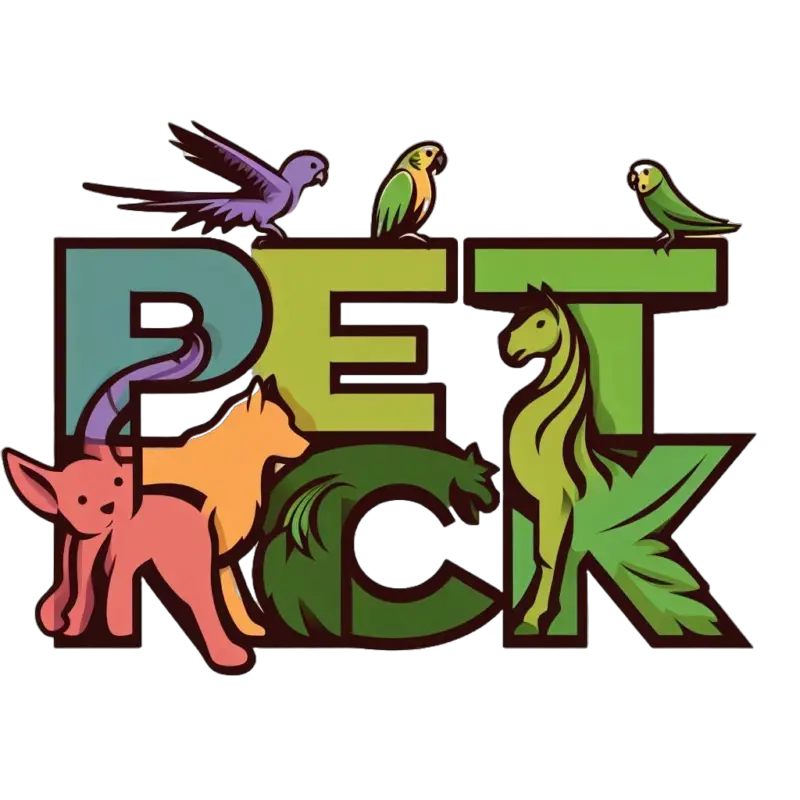As an owner of a dog, its your responsibility to make sure that your pet and beloved friend gets their daily food intake to lead a Healthy and a Happy life.
Factors Impact How Much Food your Dog Needs
Age
Dogs of different age require different amounts of food, for example small puppies need bigger amount of Nutrition and Calories as compared to Adult puppies which require low amount of calories because of their lazy metabolism.
Weight
The weight of your dog also quantify their daily food intake. Big dogs to maintain their body weight, require more calories compared to smaller ones.
Breed
Some of the breeds of dogs require unique nutrition. For example, To support their bones and joints, Big dogs need a special diet, Whereas smaller breeds of dogs require a diet with more calories to maintain their energy.
Condition of their Health
If your dog has a problem regarding health then it may be required to provide them with a specific kind of diet. In these situations, the best course of action would be to consult a Vet.
A correct guideline of the daily intake for you Dog’s diet:
For puppies:
- Small Breeds (20 Pounds): 1 to 1.5 Cup a day, Divided up to 3 to 4 meals
- Middle-Breeds (20 – 50 Pounds): 2 to 3 Cups a day, Divided up to 3 to 4 meals
- Big Breeds (50 – 100 Pounds): 3 to 5 Cups a day, Divided up to 3 to 4 meals
- Giant Breeds (100+ Pounds): 5 to 8 Cups a day, Divided up to 3 to 4 meals
For Adult Dogs:
- Small Breeds: 1/2 to 1.5 Cups each day
- Middle-Breeds: 1.5 to 2.5 Cups each day
- Big Breeds: 2.5 to 4.5 Cups each day
- Giant Breeds: 4.5 to 6 Cups each day
With age, the metabolism of Dogs get slower and lazier, Which means that they might require low amount of calories to maintain their bodily functions. However, Age related health issues may also cause the Old Dogs to require a specific kind of nutrition.
You have to understand that the Brand and the Formulas and the kind of dog food may change the serving size. Make sure to read Labels on the packets of dog food for the recommended portions to feed your dog and adjust your serving size to fulfill the nutritious needs of your dog.
Tips for Monitoring Your dog’s weight and adjusting their food:
- Weigh your dog regularly. For example, you should weigh your dog at least once a month to track there weight loss or weight gain.
- Assess their their body condition. You can gauge their body condition by feeling their ribs and looking at overall body shape A healthy dog should have a noticeable back and you should be able to feel their ribs without pressure.
- If you notice that your dog is gaining or loosing weight then adjust their intake accordingly.
- Consult your local animal doctor.
Tips to make sure they get proper nutrition
- Choose a high quality dog food. Look for dog food that meets AAFCO guidelines, List high quality protein source as their first ingredient and contains natural wholesome ingredients.
- Avoid overfeeding, Treats should not exceed 10% of your dogs daily calorie intake.
- Make sure your dog drinks clean drinkable water.
- If your dog has any kind of allergies, Health conditions or needs according to their specific breed, then you should consult an animal doctor and select the best kind of food and feeding plan.
- Determining the needs of daily food intake of the partner of your dog can be a complicated task. While making this decision, Take into the account the Age, Breed, Weight and health condition.
When choosing a dog food, it is important to avoid toxic ingredients that can harm your dog’s health. Some ingredients to avoid include artificial colors, artificial flavors, preservatives like BHA and BHT, and fillers like corn and wheat. Opt for high-quality dog food made from wholesome, natural ingredients. By following this guide you can make sure that your beloved pet will receive the appropriate nutrition that they require.

